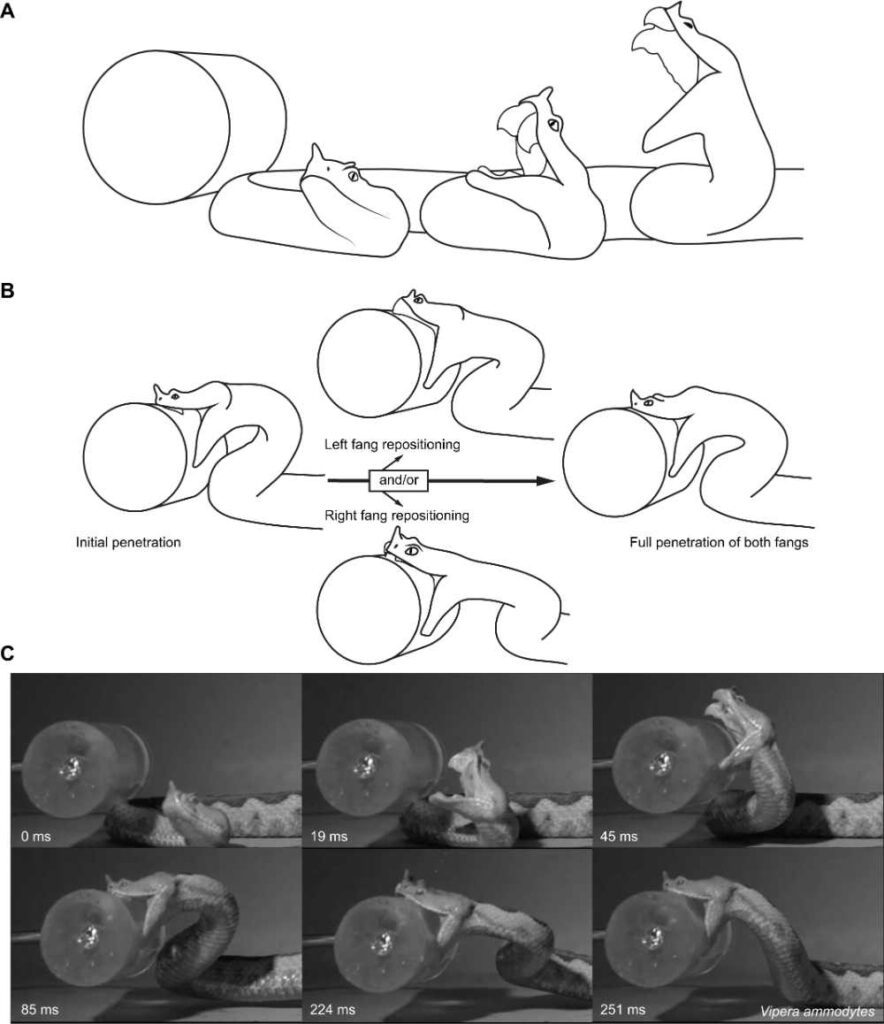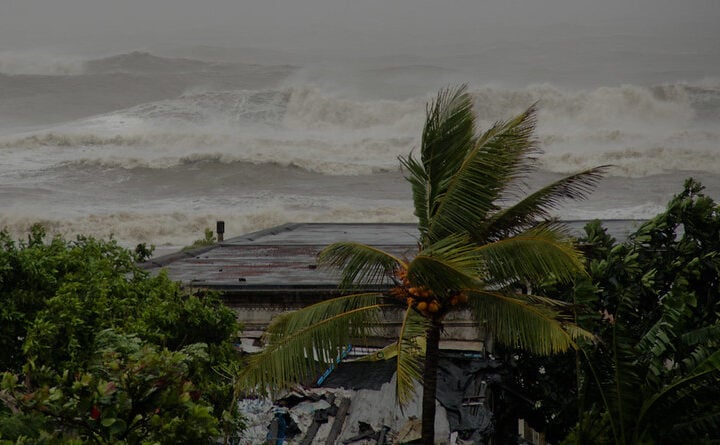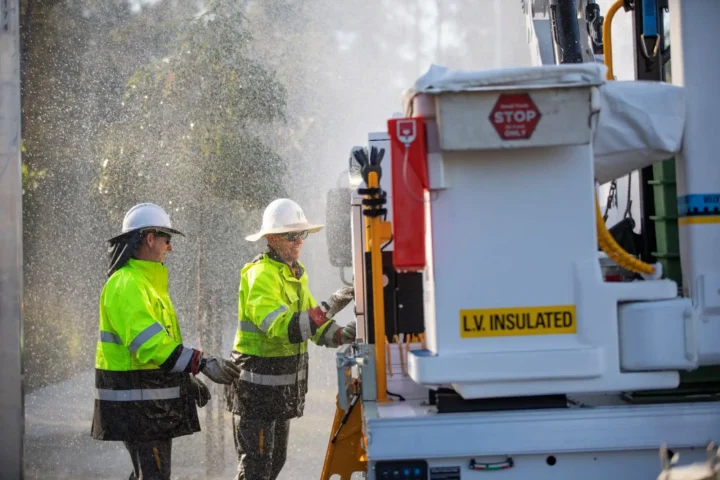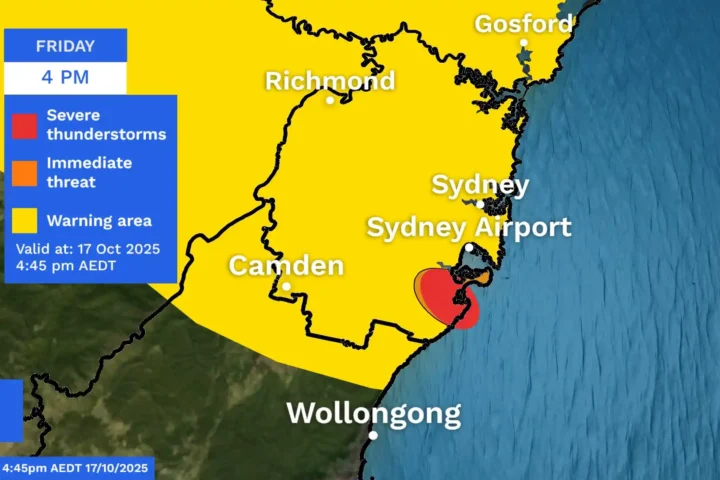New Zealand Teen Loses Part of Bowel After Swallowing Powerful Magnets
A 13‑year‑old was admitted to Tauranga Hospital after four days of abdominal pain. An X‑ray showed four linear chains of small neodymium magnets in separate bowel segments; surgery followed and discharge occurred after eight days.
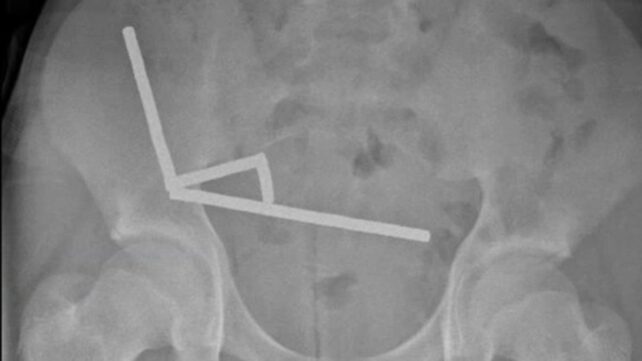
At a Glance
A 13-year-old boy from New Zealand underwent emergency surgery after swallowing approximately 80-100 small, powerful magnets that formed chains inside his intestines. The teen arrived at Tauranga Hospital on New Zealand’s North Island after suffering abdominal pain for four days.
X-rays revealed a shocking sight: four linear chains of tiny neodymium magnets measuring just 5×2 millimeters each, lodged in separate sections of his bowel. These rare earth magnets, which are up to 50 times stronger than regular refrigerator magnets, had attracted each other through different parts of the digestive tract.
“As this case study shows, ingesting small high-powered magnets is life-threatening,” said Alex Sims, a commercial law researcher from the University of Auckland.
The powerful attraction between the magnets caused pressure necrosis – areas where bowel tissue died from lack of blood flow as the magnets pinched together through different segments of intestine. Surgeons were forced to remove damaged portions of the boy’s bowel. Despite the serious nature of the surgery, the teen recovered well and was discharged eight days later.
What makes this case particularly troubling is that these magnets have been banned in New Zealand since 2013 following multiple child hospitalizations. The teen told doctors the magnets came from the online marketplace Temu.
“While enforcement is problematic, as it is more difficult for the Commerce Commission to investigate and force overseas online marketplaces to stop the sale of small high-powered magnets, it is concerning if children are purchasing goods on online marketplaces,” noted Sims.
In a statement, Temu said it takes “product safety very seriously” and is reviewing relevant listings to ensure they meet local safety standards. The company stated it would remove any non-compliant products and take action against sellers violating platform rules or local laws.
New Zealand government officials recently warned about a dangerous social media trend encouraging kids to use similar magnets as fake tongue, nose, or lip piercings, which can lead to accidental swallowing.
Medical experts stress the seriousness of magnet ingestion. More than 75 percent of patients who swallow magnets require surgery or an endoscopy, with time being critical for successful treatment. Parents are advised to seek immediate medical attention if they suspect a child has swallowed even one magnet.
“Accessibility to high-power magnets is a rising concern for our pediatric population,” wrote the surgeons at Tauranga Hospital in their case report published in The New Zealand Medical Journal.
The case highlights ongoing challenges in enforcing product safety laws across international online marketplaces, where purchases are often inexpensive and may not require age verification. A published case overview is available via Scimex.

Case Images



Interactive: How Chains Form in Separate Bowel Segments
The report described “four linear chains” in different parts of bowel that were “adhered together due to magnetic forces.” Use the controls to approximate the scenario.
Key Facts
“He disclosed ingesting approximately 80 to 100 5×2 mm high‑power (neodymium) magnets about one week prior.”
“These appeared to be in separate parts of bowel adhered together due to magnetic forces.”
Doctors reported areas of pressure necrosis in four regions of the small bowel and caecum; surgery removed the dead tissue and retrieved the magnets; discharge occurred after eight days.
Sale of small high‑powered magnets has been prohibited in New Zealand since 2013.
Temu statement: “We have launched an internal review … our teams are reviewing relevant listings to ensure full compliance with local safety requirements.”
Quick Check
When multiple small magnets are swallowed at different times, they can attract through bowel walls and cause tissue death (pressure necrosis).
Related on Karmactive
- Temu & SHEIN: Toxic chemicals found in products
- Water beads risks to children
- Large product safety recall on Amazon
- DermaRite product recall (contamination)
- DermaRite recall update
- Baby food recall: lead contamination
- Frozen shrimp recall: cesium‑137
- Snack recall: metal contamination
- Listeria recalls roundup
- Pams nuggets recalled (NZ)
- Undeclared gluten biscuit recall
- Bottle shattering hazard recall
- Mini beauty fridge recall (fire hazard)
- All food recall coverage


